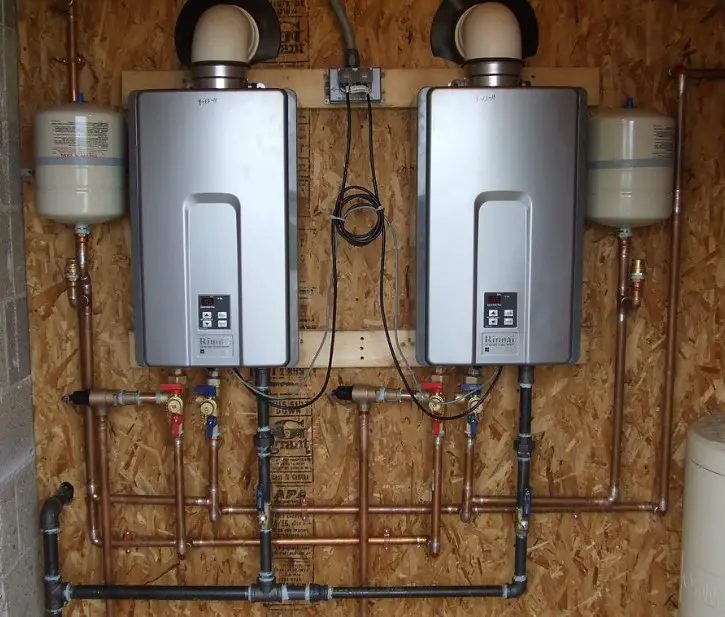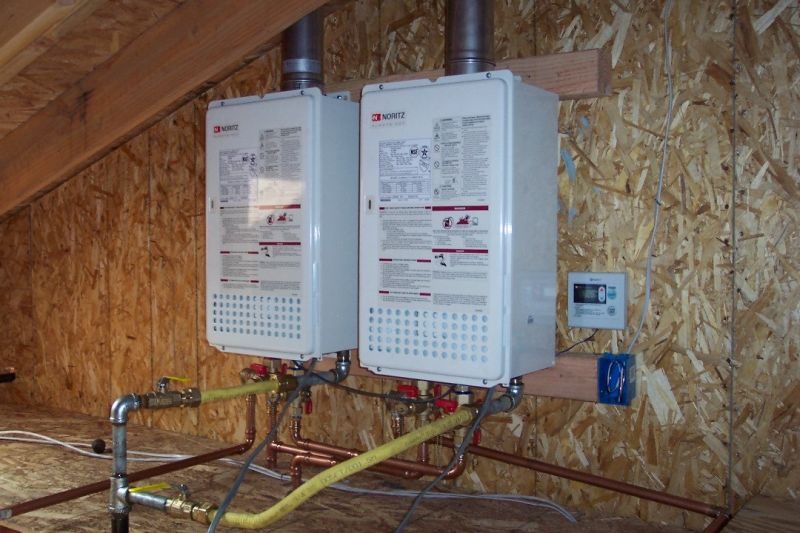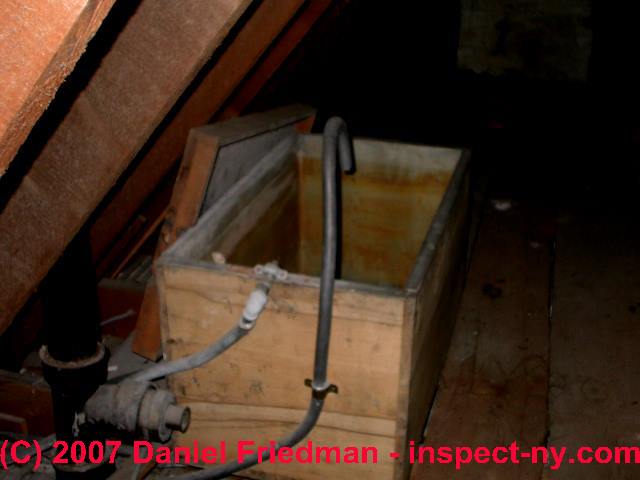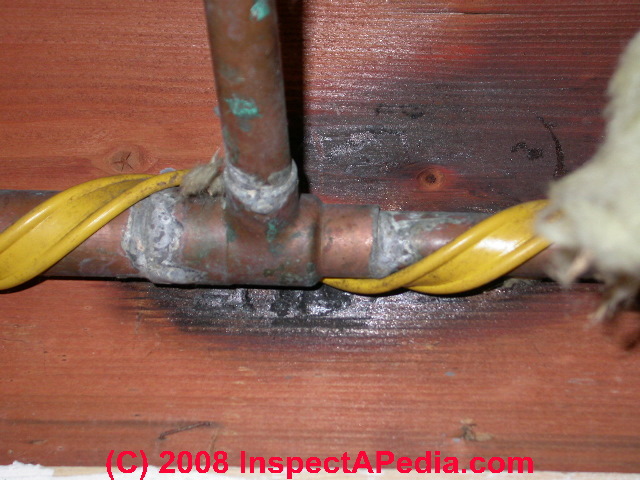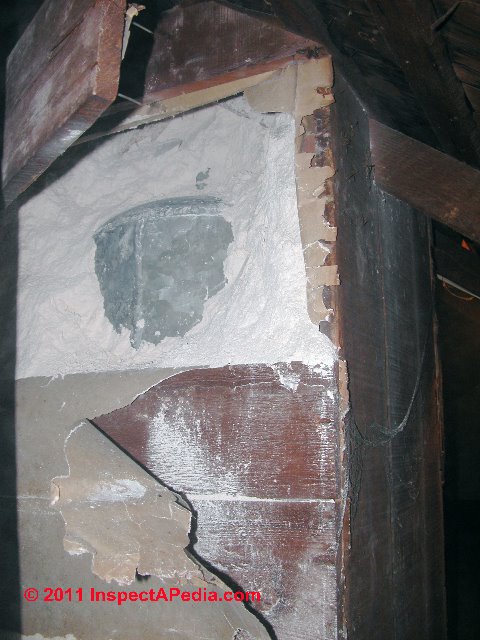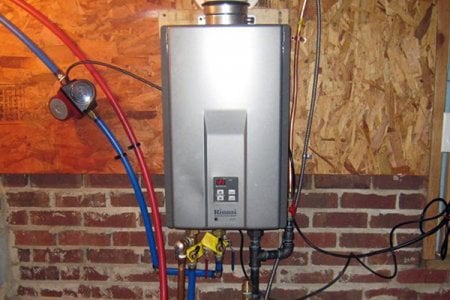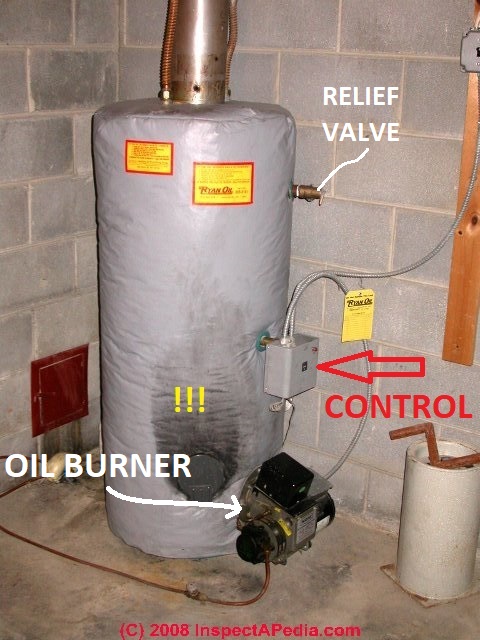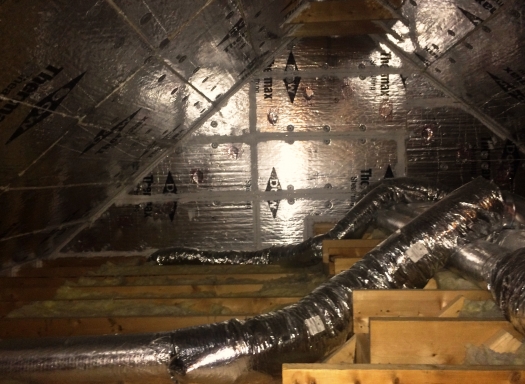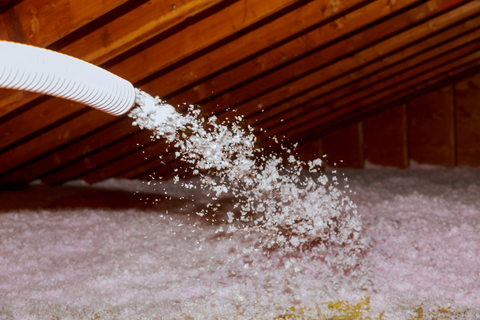One constant rule of the plumbing industry is that eventually all water heaters will fail and the best we can hope for is catching a problem early before it turns into a catastrophe.
Water heater in attic freezing.
Drain your water heater.
The water main and water heater ared at one end and the master bath at the other.
Insulation over this cover would prevent heat escaping into the attic.
Routine maintenance should be performed once a year on your water heater and going into the attic is cumbersome and can either be really hot in the summer or really cold in the winter keeping an eye on the water heater on a daily basis is not as easy either.
Be sure to get up into your attic water heater at least twice a year to check your water heater for any sign of leaks.
Use vent terminations that incorporate wind resistant features and locate them away from prevailing winds to cut down on that wind chill.
If there is a power shortage the heater might suffer from frozen water inside the.
Water pipes in attic freezing.
Adjusting the temperature is harder.
During a recent remodel we changed our water lines from inside the slab to run through the attic in southern california no chance of freezing condensation not an issue.
Another reason why installing a gas water heater in the attic is not a good idea is if the tank or any connection leaks.
During the winter time a water heater and piping in the attic space should be insulated to protect against freezing temperatures.
The water will flood rooms in the lower level and do the damage.
To prevent freezing of the pex water lines in the attic i think you should consider covering them with a cover that would allow them to be kept warm from the space heating of the house.
The heaters themselves need no protection from freezing weather as long as the electricity and gas are working.
Take the time to insulate your pipes as well especially if they are in a location that is exposed to low levels of protection.

